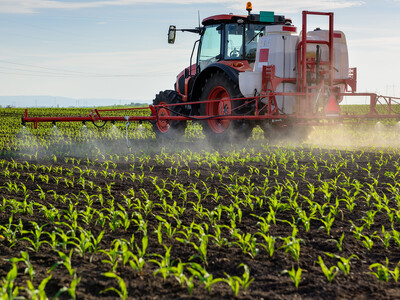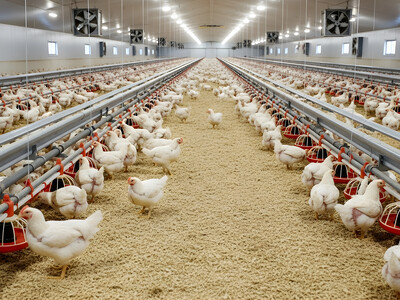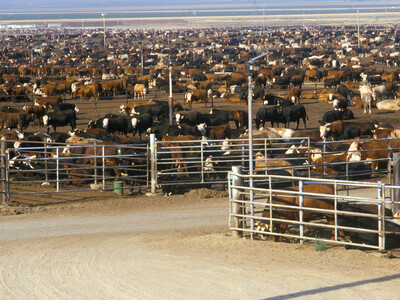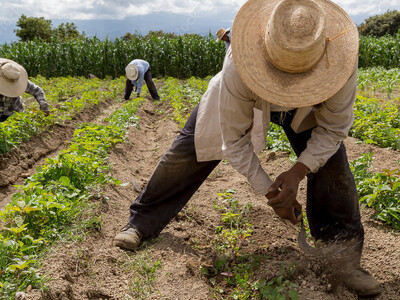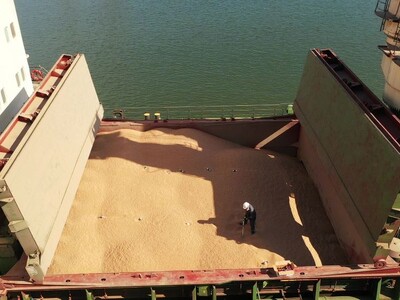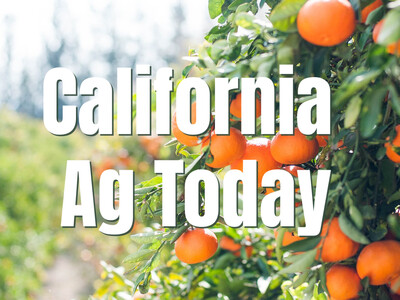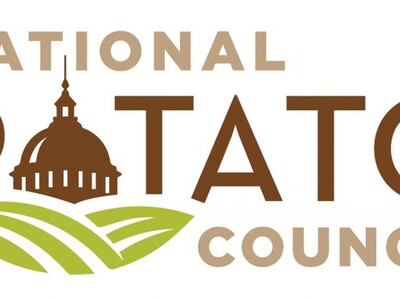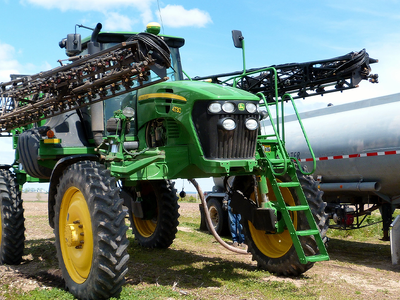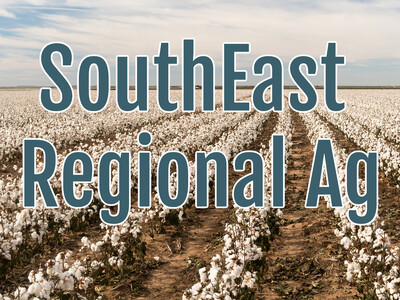Dairy Farmers Need Assistance
Dairy Farmers Need Assistance. I’m Greg Martin with today’s Line On Agriculture.
Yesterday we began talking about the disparity between how much a dairy producer gets paid for milk and cheese and what the consumer pays at the supermarket. The disparity has many producers wondering if they will be able to stay in business and many have already jumped ship. According to Chris Galen, Senior Vice President, Communications with the National Milk Producers Federation, there is no magic bullet.
GALEN: Well I don’t think that there is “A” answer. I think that there are several approaches though. What we’re focused on are two things here at the National Milk Producers Federation, one is using our privately funded, privately operated Cooperatives Working Together program. I think we’ve let people know that we’re in the midst of our seventh and by far the largest herd retirement round that we’ve conducted.
Herd retirements give producers an incentive along with helping bolster dairy prices.
GALEN: When that process is done hopefully by the 4th of July we will have removed over 100-thousand dairy cows, that’s over 1% of the productive capacity of the U.S. and a lot of that is coming out of the western part of the country and so that will help reduce milk production going into the summer.
NMPF is also working with
GALEN: In terms of policy issues which National Milk is involved with we’ve been beating on USDA’s door over using the dairy export incentive program and of course the latest news as of Friday afternoon is that the USDA did take the initial steps to reactivating the dormant dairy export incentive program. That, if fully used, will help us remove about another billion and a half pounds or just about 1% of the nations milk supply. That will help us export it and that should give a lift to prices.
Some very frustrated producers around the world have made a show of dumping their milk in what Galen calls protests but he says there are better ways for producers to be heard.
GALEN: There are some other farmers and farm organizations looking at long term things like a supply management program. National Milk does have a new long range strategic planning task force that will be meeting in about 2 or 3 weeks to begin looking at those ties to programs. Obviously those are longer term solutions and those are things we have to consider going forward but we’re focused both on the short term and then also on longer term issues.
That’s today’s Line On Agriculture. I’m Greg Martin on the Northwest Ag Information Network.




